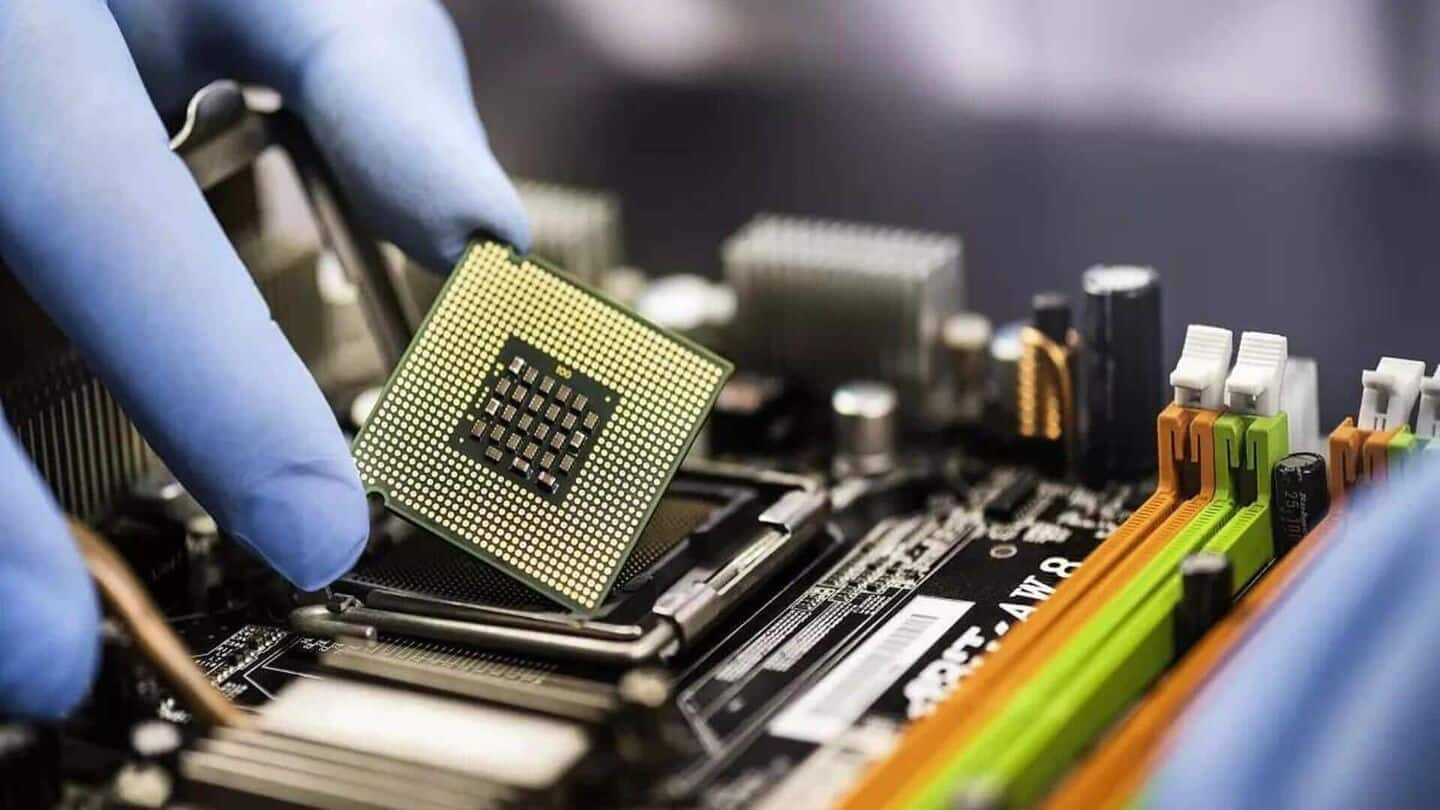
Modi government eyes 2D materials for making semiconductor chips here
What's the story
The Indian government is considering two-dimensional (2D) materials as a potential game-changer in chip manufacturing here, as per CNBC-TV18. Unlike conventional silicon wafers used for most of today's chip manufacturing, these ultra-thin materials promise much smaller, faster as well as more power-efficient chips. Graphene, phosphorene and transition metal dichalcogenides (TMDs) are some examples of these next-generation materials that are at the forefront of global semiconductor research.
Technological leap
2D chips will be very small
A senior government official told CNBC-TV18, "2D materials are being viewed as a major frontier in semiconductors globally, and the government wants India to get in early." Unlike today's tech giants like Apple, Samsung, MediaTek and Intel that use the conventional 3nm chips, 2D material-based processors could be much smaller.
Global research
No country has commercialized 2D material-based chips
Despite the potential, no company/country has been able to commercialize chips made from 2D materials so far. However, research is being done in China, the US, the UK, Germany and Japan. India now wants to be one of the early movers in this space. The government is likely to issue a call for expressions of interest (EoIs) from industry as well as academia for R&D and pilot fabrication facilities focused on these materials.
Evaluation process
Centre will evaluate readiness levels
The Centre will evaluate readiness levels from both academic institutions and industry players. Based on the proposals and ecosystem maturity, funding options are there on the table. This step aligns with India's broader goal of becoming a hub for semiconductor manufacturing and innovation, while acknowledging that a long-term edge may lie beyond current fab capabilities.
Research proposals
IISc submitted proposals for chip architectures using 2D materials
A team of researchers from the Indian Institute of Science (IISc) had submitted detailed proposals in 2022 and 2024, to develop chip architectures using 2D materials. While those efforts are still under evaluation, they reflect a growing domestic interest in next-generation chip science. The ultra-thin profile of such materials reduces energy consumption, allows for denser transistor packing, and potentially enables new device architectures beyond silicon-based chips.